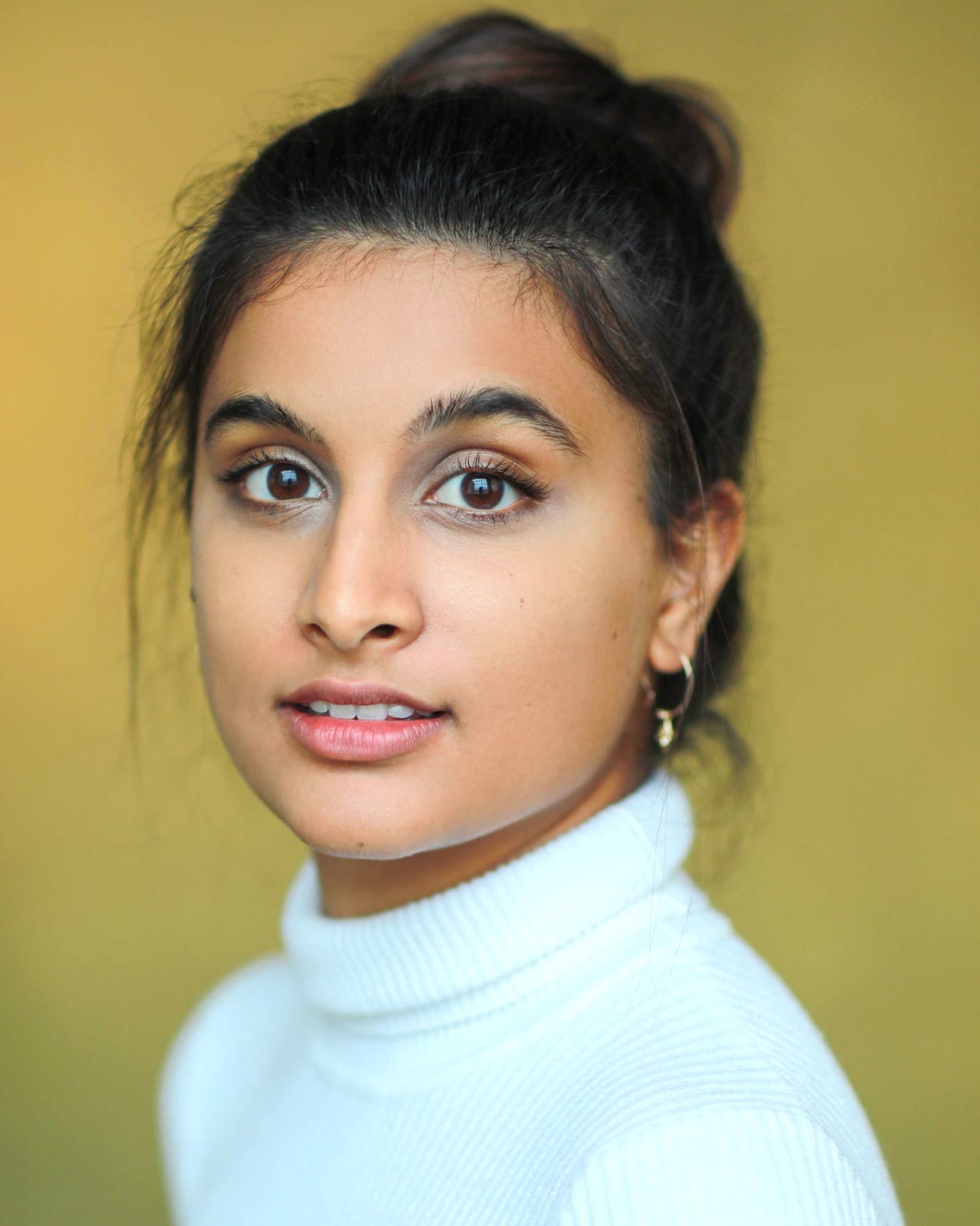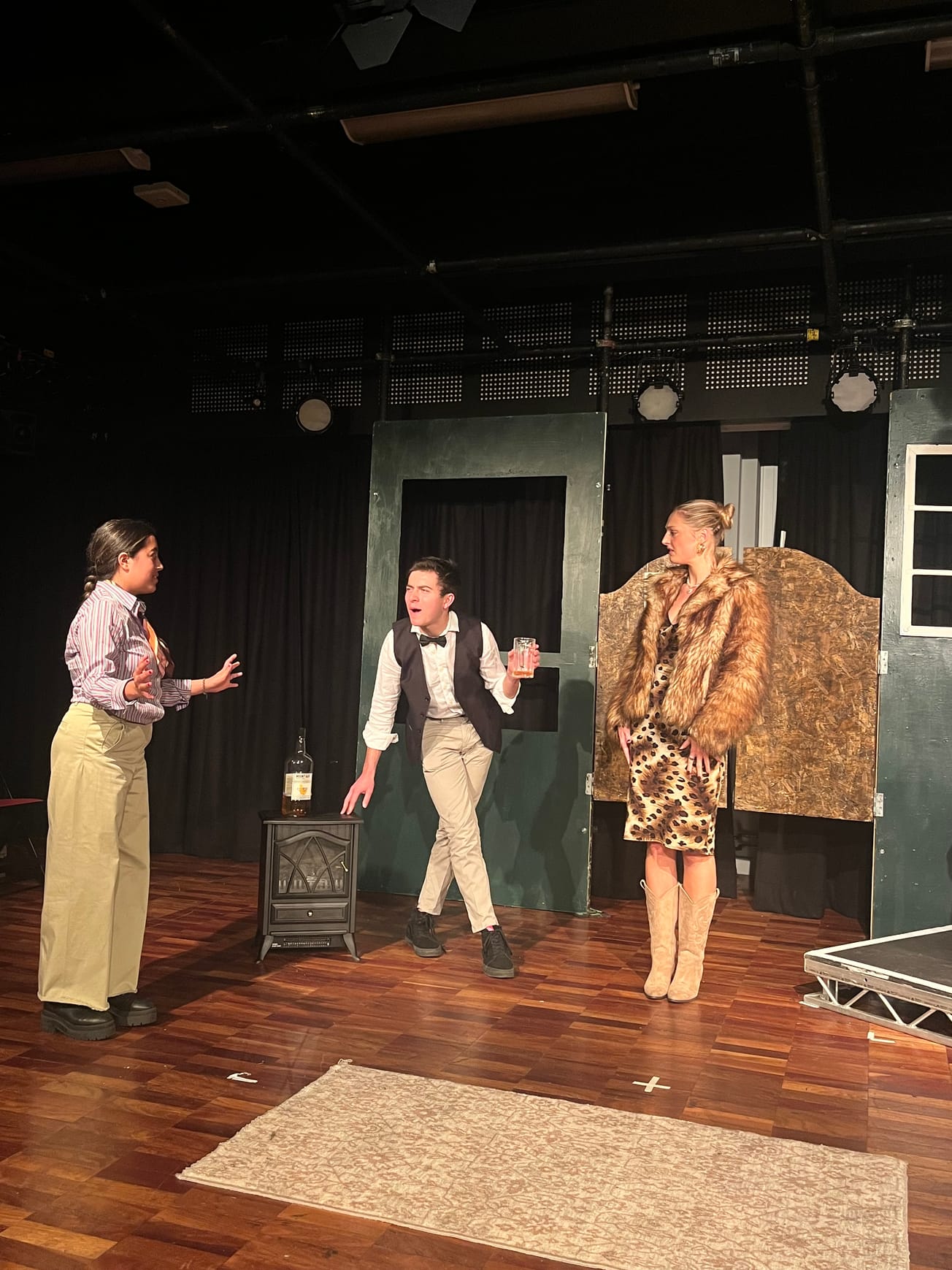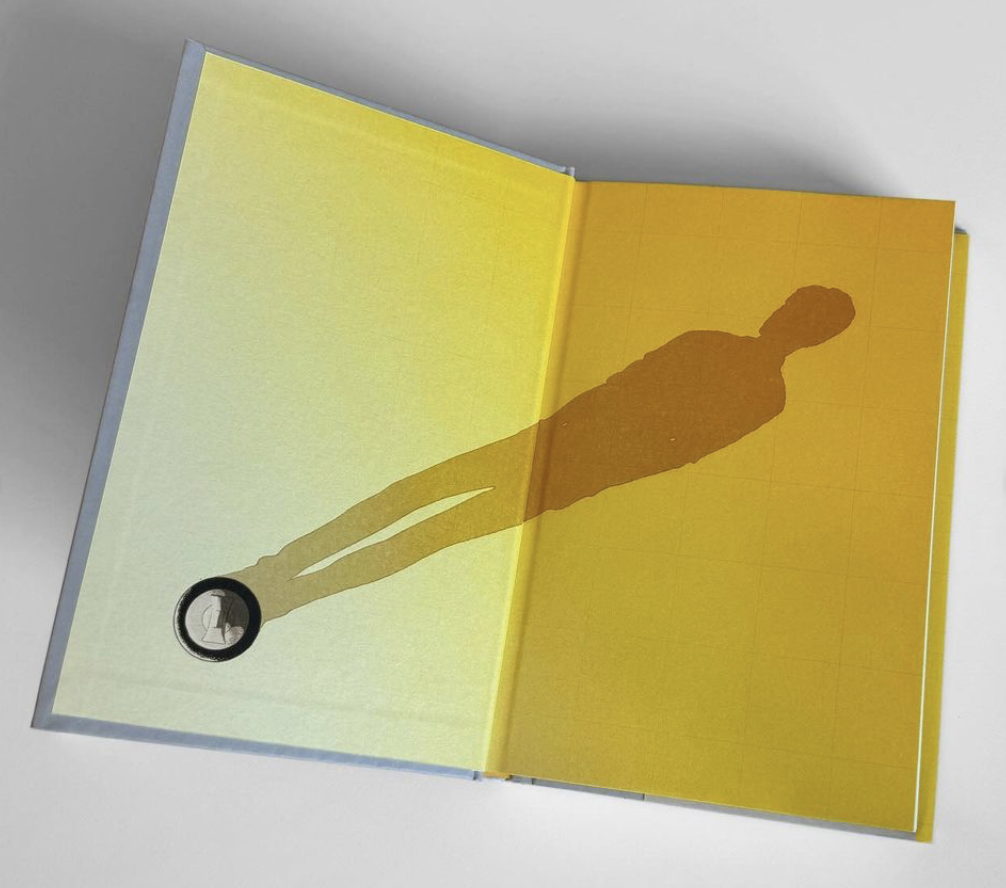By Mansi Virmani, Third Year, Economics and Politics
Q: You studied at Bristol Old Vic Theatre School (BOVTS). How did you know that drama school in Bristol was the place for you?
A: It was actually my top choice, Bristol Old Vic, I just liked that it was away from London. I love the quaintness of it, I could just block out the noise and focus on developing my skills. Also, the alumni, Olivia Coleman, Daniel Day Lewis, Josh O’Connor, Theo James, Erin Dougherty. I like that there’s been actors from there who are doing amazing things.
Q: Whilst studying at Bristol Old Vic, was there any particular performance you felt was a turning point in your acting journey?
A: The Seagull, by Chekhov, in my second year. It was during a lockdown, so we had to do our scenes two feet apart. It was really unusual because we couldn’t rely on physical distance, so we had to work harder to establish a connection with the other person. It taught me a lot about the importance of touch; if touch and physical distance aren’t there, there are still ways to make a physical connection.
Q: You went straight into your professional debut at the Theatre Royal Bath when you were finishing up university. What was the biggest lesson that you took from BOVTS into your early performances?
A: I think to take risks to figure out what works and what doesn’t. It’s fine if you make a bad choice and things don’t work out in a rehearsal room. My year were so close and understanding. Their reactions made it a safe space to mess up and fail, that’s what I try to take with me.
Q: Are there any roles you gravitated more towards auditioning for or is it more like audition for everything?
A: I haven’t really auditioned for many roles older than about 23, most of my auditions are for people between the ages of 15 to 20, probably because I look quite young. BOVTS kind of trained me and gave me loads of different roles which guided me towards my niche.
Q: What’s your method for tapping into a new character?
A: Well, I read the script about 3 times before rehearsals start. The first time I read it, I make a note of any instincts that I have about the character. The second time I read it, I do a list of facts about the character: what the character says about people, what people say about the character, what the character says about themselves. I create a rough backstory but it’s very rough and then in the rehearsal I just go in with my instincts. I don’t really like to go in with many preconceived ideas, I like to work it out in rehearsal.
Q: Do you ever look for aspects of yourself in characters?
A: I always try to, that’s something that I’ve learnt since leaving Bristol, it’s more honest is if you bring the performance inwards and add a bit of yourself to it. If not myself then someone else I’ve seen, even just a person on the street. Or if a character reminds me of someone I know, I’ll try to bring in part of their personality.
Q: Your first West End show was Life of Pi, shortly after graduating, where you played Rani and cover Pi. You were the youngest in the cast. What was it like working with professionals who’d been in the industry for many years?
A: I was pushed to not use inexperience as an excuse. It was tricky at times, you know, imposter syndrome creeps in, but the cast were all really lovely and very supportive.
Q: Do you have any pre-show rituals? Do you still get nervous?
A: I’d say I get nervous for about 70 per cent of the shows. I like to listen to music before shows and I try to channel it in the right way depending on the character.
Q: There’s a big assumption about acting that you need to be a nepo baby or have connections in the industry to start out. We have no actors in our family, that’s the same for a lot of aspiring actors. What’s your opinion of the stereotype? What advice would you give to those who want to act?
A: Watch as many shows as you can, take part in workshops. Look at your favourite actors and see how they’ve come up through the ranks. There are a lot of nepo babies, but equally there are a lot who aren’t. Look at drama schools as an option, they have contacts with really cool agents and a wide range of them, which is tricky to get on your own.
Q: What is coming up for Tanvi Virmani next?
A: I’m in a show called Minority Report, David Haig has written an amazing script for it. I’m playing an AI robot. It’s very high tech, they’ll be using lighting to give me the appearance of a hologram. It’s a type of character I’ve never played before, so I’m really thankful for the opportunity to try something new again.
Featured Image: Dujonna Gift
Are you a Bristol student with your foot in the door of a creative industry? Send us a message at arts.epigram@gmail.com. We'd love to hear from you!






